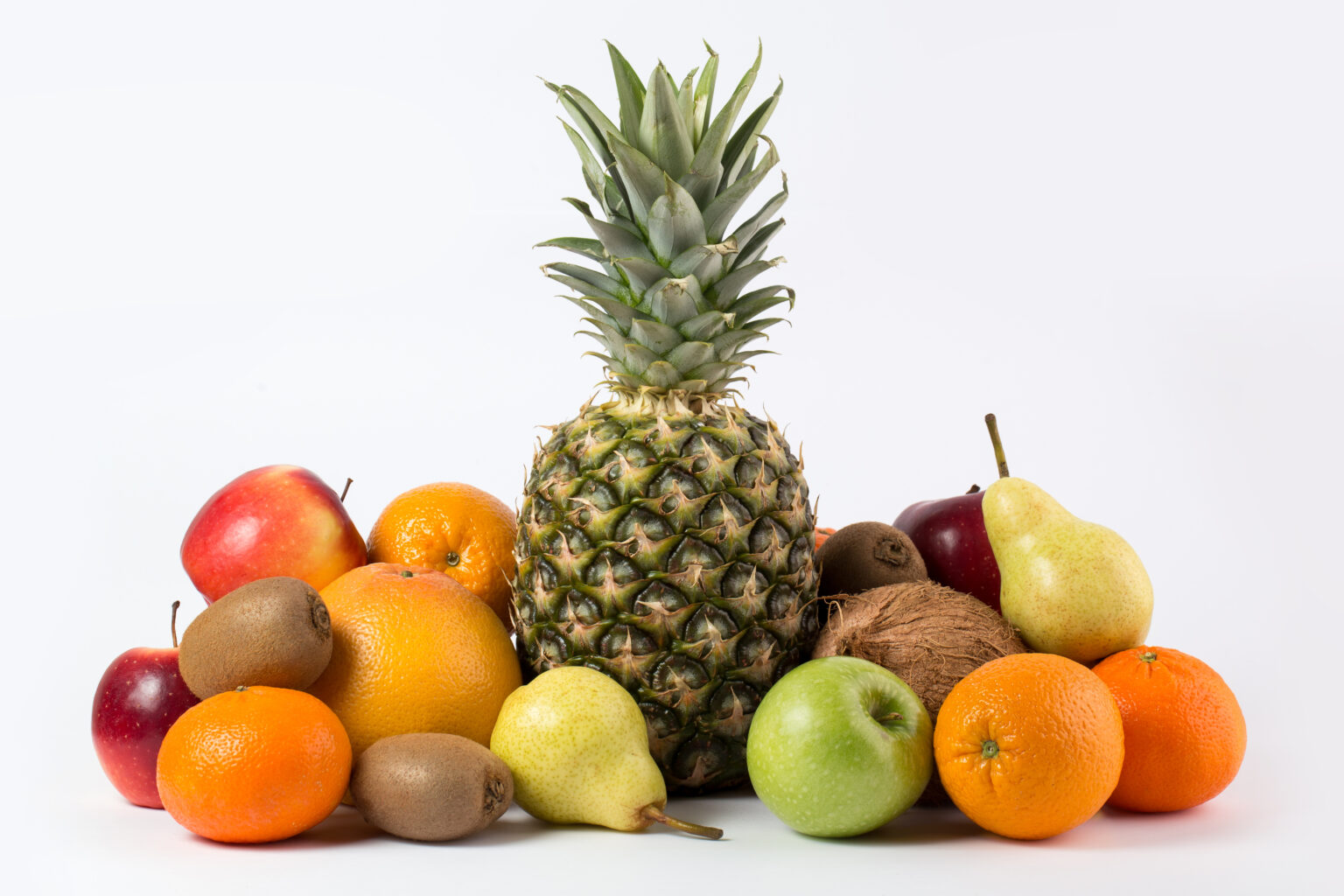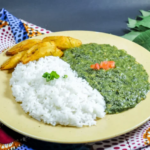A fruitarian vegetarian diet is a unique and vibrant approach to plant-based eating that focuses primarily on fruits while excluding animal products and, in some cases, other plant-based foods. While it may sound restrictive to some, when done properly, a fruitarian vegetarian diet can offer a wide array of essential nutrients, vibrant flavours, and a burst of colourful goodness.
One of the keys to achieving optimal nutrition on a fruitarian vegetarian diet is incorporating a variety of colourful fruits. Each colour in fruits corresponds to different types of phytochemicals, antioxidants, and micronutrients, all of which play crucial roles in maintaining good health. By diversifying the range of fruits consumed, individuals can ensure they obtain a wide spectrum of nutrients necessary for their well-being.
Red fruits such as apples, strawberries, and watermelons are packed with powerful antioxidants, including lycopene and anthocyanins. These compounds have been associated with a reduced risk of chronic diseases, including heart disease and certain types of cancer. They also provide essential vitamins like vitamin C, which supports a healthy immune system, and dietary fiber, which aids digestion.
Orange and yellow fruits such as oranges, mangoes, and peaches are excellent sources of vitamin C, beta-carotene, and other carotenoids. Beta-carotene, a precursor to vitamin A, plays a vital role in maintaining healthy skin, promoting good vision, and supporting immune function. Additionally, these fruits provide a natural sweetness that can help curb cravings for processed sugars.
Green fruits such as avocados, kiwis, and green apples are rich in essential nutrients like potassium, folate, and vitamin K. Avocados, for example, are a great source of healthy fats and are packed with vitamins E and B6. Including green fruits in your fruitarian vegetarian diet can help support brain health, improve digestion, and boost energy levels.
Blue and purple fruits such as blueberries, grapes, and blackberries are rich in anthocyanins, which have potent antioxidant and anti-inflammatory properties. These fruits are associated with improved cognitive function, reduced risk of chronic diseases, and healthy aging. Blueberries, in particular, are known as a “superfood” due to their high levels of antioxidants and their potential benefits for heart health.
White fruits such as bananas, pears, and coconuts may not be as colourful as their counterparts, but they still offer valuable nutrients. Bananas are an excellent source of potassium, which plays a vital role in maintaining healthy blood pressure levels. Pears provide dietary fibre, while coconuts offer healthy fats and electrolytes, making them a great option for replenishing after physical activity.
When incorporating a variety of colourful fruits into a fruitarian vegetarian diet, it is important to pay attention to portion sizes and ensure a balanced intake of other essential nutrients. While fruits are rich in vitamins, minerals, and antioxidants, they may lack certain macronutrients like protein and fat. Therefore, it is important to consider including other plant-based sources of protein such as legumes, nuts, and seeds, as well as healthy fats from sources like avocados and olives.
In conclusion, a fruitarian vegetarian diet can offer a plethora of benefits when a variety of colourful fruits are included. By incorporating red, orange, yellow, green, blue, purple, and white fruits into your daily intake, you can harness a wide range of nutrients, antioxidants, and phytochemicals essential for optimal nutrition. Remember to ensure a well-rounded diet by including other plant-based protein and fat sources. Embrace the rainbow of fruits and enjoy the vibrant flavours and health benefits they bring to your fruitarian vegetarian lifestyle.








